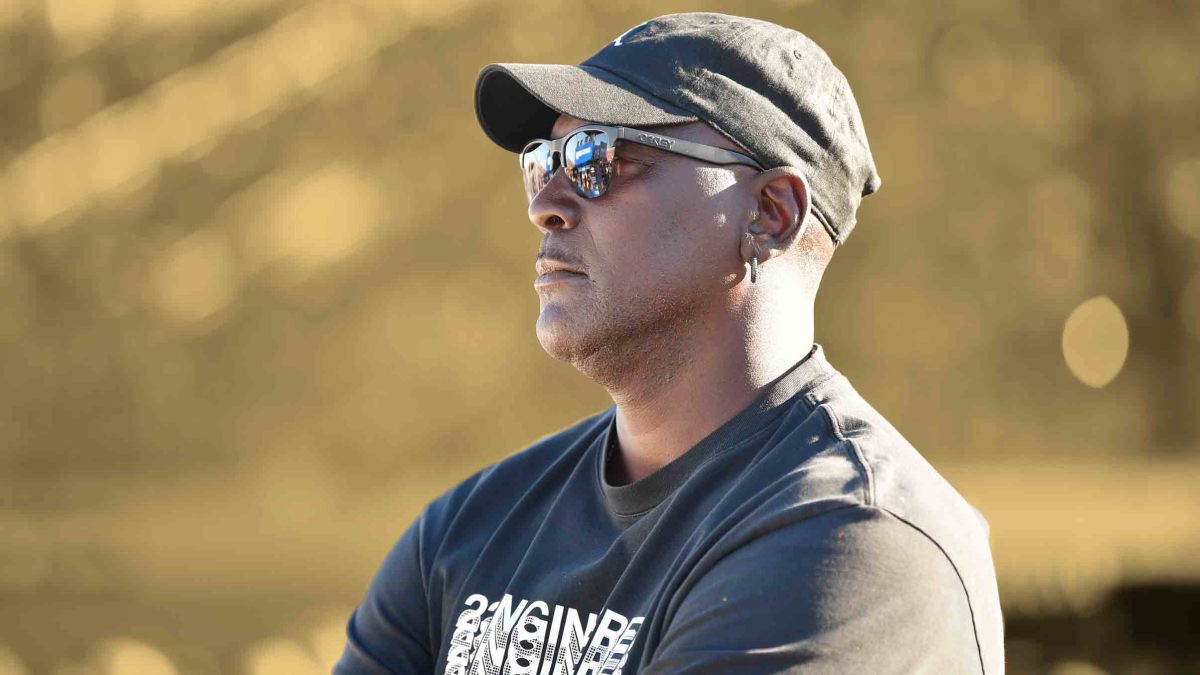The NBA is a marketing juggernaut that the world’s biggest brands trust and aren’t hesitant to spend money on. It’s no secret that NBA superstars are also some of the biggest brand influencers in the world, with their faces being plastered on billboards, TV commercials, and social media ads. However, this wasn’t always the case.
In an interview with David Falk, one of the most influential sports agents in history, he revealed the difficulties he faced in securing brand deals for his client, Michael Jordan. Although MJ was still a long way from being recognized as the game’s GOAT, he was a remarkable basketball player and had a charisma that made him stand out among his peers.
Advertisement
However, despite Jordan’s talent and potential, Falk struggled to secure endorsement deals for his client, primarily because of several issues the NBA faced at the time.
Racial prejudice and drug issues
The NBA today and in the 1980s are like night and day. While today’s NBA is a multi-billion-dollar industry, the association struggled to attract attention from the mainstream audience.
In turn, this led to big-name companies becoming hesitant to get in bed with the league. In fact, Falk recalled that even the league’s biggest superstars of that era — Magic Johnson, Larry Bird, and Julius Erving — barely had any endorsement deals.
Advertisement
“No one had a brand in basketball. No one had any endorsements in basketball, basically,” Falk shared. “Magic Johnson — who had played five years in the NBA and was the Rookie of the Year, the [Finals] MVP as a rookie and an NBA champion — the only deal he had outside of Spalding and Converse shoes was a one-year deal with 7UP. One year and then it went away.”
“Dr. J didn’t have deals. Bird didn’t have deals. Jabbar didn’t,” he emphasized.
Falk explained that two things kept companies from wanting to sign NBA players: the league’s reputation and its demographics.
Advertisement
“The feeling on Madison Avenue was that the NBA had two big problems — one, it was too black,” Falk stated. “And two, they thought it was too drug-infested. They estimated that 75 percent of the players were taking some sort of illegal drug.”
Milwaukee Bucks legend Bob Lanier, who at the time was NBPA president, confirmed this.
“I know a lot of players on other teams and I don’t know any drug abusers. If I did and even if I wanted to help them, I wouldn’t know how to recognize their problems. If I don’t know the abusers and the league does not know the abusers, how are we going to take steps to help them?” Lanier expressed.
Advertisement
Jordan was hands on
Aside from Nike, Falk eventually got companies like Coca-Cola, Chevrolet and McDonald’s to pay Jordan for endorsements. It was the start of a portfolio that would later become worth hundreds of millions of dollars.
As Jordan’s brand grew, some thought he would pass on the responsibility of managing it to Falk or a team of experienced executives. This would have been prudent, given that MJ had to keep the main thing — basketball — the main thing. However, Falk disclosed that Mike preferred to be hands-on and involved in every decision.
Advertisement
“He soaked it all in. That experience of managing his own brand as long as he played from 1984 to 1999,” Falk divulged. “He met tons of corporate executives at very high levels, including Warren Buffett. I think that was all part of his ongoing business education. He took it very seriously.”
Jordan was indeed an NBA superstar who transcended the game of basketball. Recognizing the importance of not being boxed in as merely an African-American athlete, Jordan became a global icon with a brand renowned across the globe.
This story was originally reported by Basketball Network on Sep 2, 2025, where it first appeared in the Off The Court section. Add Basketball Network as a Preferred Source by clicking here.

